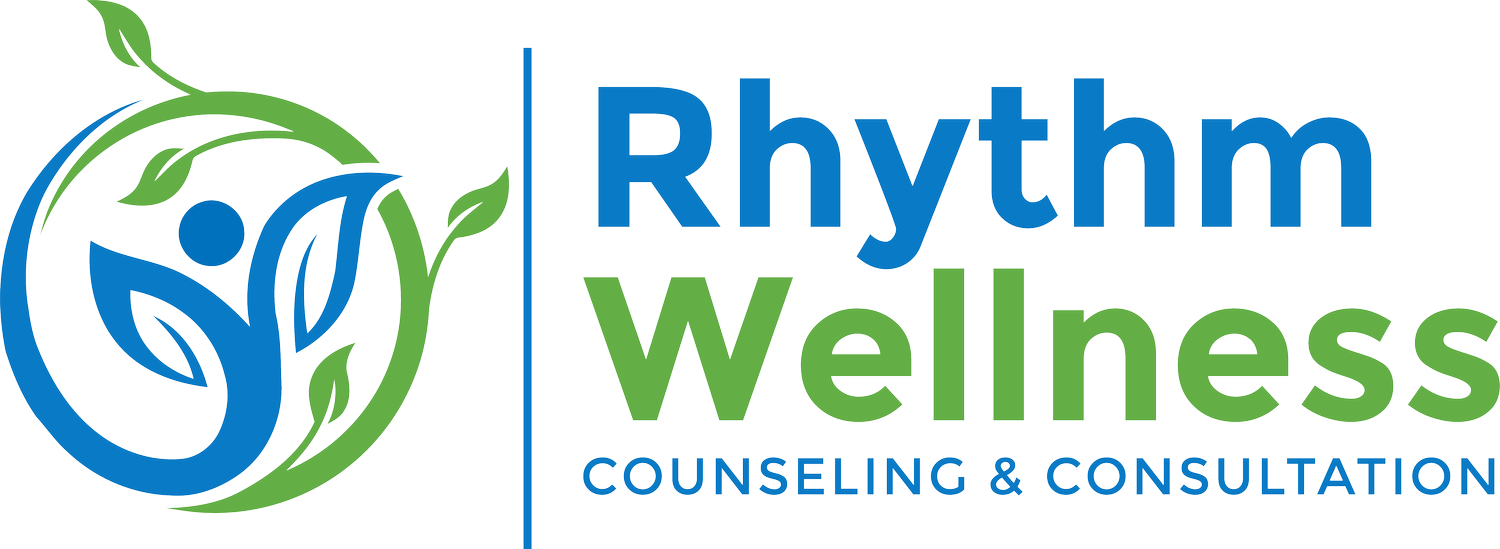The Consequences of Prioritizing Work Over Taking Breaks
In today's fast-paced world, where work often takes precedence over everything else, it's not uncommon to see individuals neglecting their personal well-being, particularly when it comes to taking breaks. The idea of prioritizing work and sacrificing breaks might seem like a recipe for success, but the consequences can be severe, affecting both mental and physical health. In this blog post, we'll explore the detrimental effects of consistently prioritizing work over taking much-needed breaks and offer some practical tips on how to strike a healthier work-life balance.
Burnout
One of the most immediate and debilitating consequences of prioritizing work over breaks is burnout. Burnout is a state of emotional, physical, and mental exhaustion caused by excessive and prolonged stress. When you consistently push yourself without taking breaks, your stress levels can skyrocket, and you risk burning out. Burnout can lead to a range of symptoms, including chronic fatigue, reduced productivity, and even depression. It's important to recognize the signs of burnout and take steps to prevent it by incorporating regular breaks into your work routine.
Reduced Productivity
Contrary to the belief that working continuously leads to increased productivity, it often has the opposite effect. Overworking without breaks can lead to cognitive fatigue, decreased concentration, and a decline in the quality of work. Taking regular breaks, even short ones, allows your brain to recharge, leading to improved focus and productivity when you return to your tasks. By giving your mind time to rest, you can actually get more done in less time.
Health Issues
Prioritizing work over breaks can lead to various health problems. Sedentary work environments, prolonged sitting, and lack of movement can contribute to physical ailments, such as back pain, posture issues, and cardiovascular problems. Mental health can also suffer, as chronic stress and anxiety often accompany an overworked lifestyle. These health issues can have long-term consequences, affecting both your personal and professional life.
Poor Work-Life Balance
Neglecting breaks in favor of work can have a detrimental impact on your work-life balance. This imbalance can strain relationships with loved ones, disrupt personal interests and hobbies, and ultimately lead to a sense of dissatisfaction and unhappiness. Achieving a healthy work-life balance is essential for overall well-being and long-term success.
Creativity and Innovation Decline
Creativity often thrives during breaks and leisure time. When you're constantly engaged in work, your mind doesn't have the chance to wander, make connections, or have those "Eureka!" moments. Breaks provide the mental space needed for fresh ideas and innovative thinking, which can be crucial for solving problems, making improvements, and staying competitive in the workplace.
While it's essential to be dedicated and hardworking in your professional life, it's equally important to prioritize your well-being. The consequences of consistently prioritizing work over taking breaks are significant and far-reaching, affecting both mental and physical health, productivity, relationships, and overall happiness. To lead a more balanced and fulfilling life, make it a point to incorporate regular breaks into your work routine. Taking breaks is not a sign of weakness; it's a smart strategy for maintaining your well-being and ensuring long-term success. If you find it challenging to strike that balance, seeking guidance from a therapist or counselor can be a valuable step in prioritizing self-care and personal growth.
